Noise-Induced Phenomena in the Environmental Sciences
Randomness is ubiquitous in nature. Random drivers are generally considered a source of disorder in environmental systems. However, the interaction between noise and nonlinear dynamics may lead to the emergence of a number of ordered behaviors (in time and space) that would not exist in the absence of noise. This counterintuitive effect of randomness may play a crucial role in environmental processes. For example, seemingly 'random' background events in the atmosphere can grow into larger instabilities that have great effects on weather patterns. This book presents the basics of the theory of stochastic calculus and its application to the study of noise-induced phenomena in environmental systems. It will be an invaluable reference text for ecologists, geoscientists and environmental engineers interested in the study of stochastic environmental dynamics.
{{comment.content}}
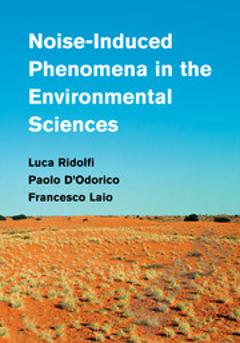
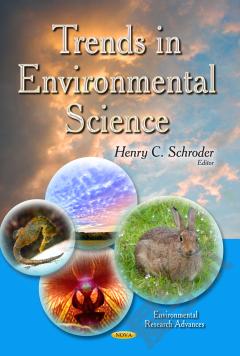

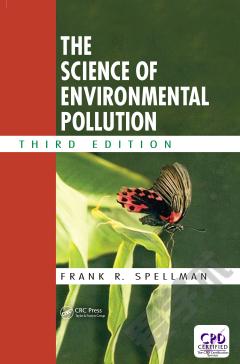
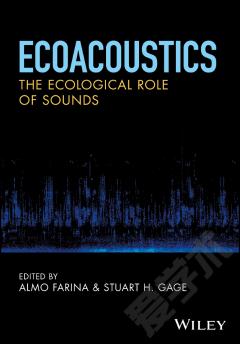
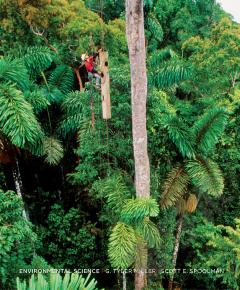
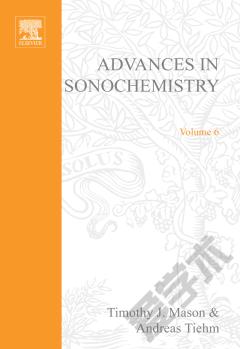

 京公网安备 11010802027623号
京公网安备 11010802027623号